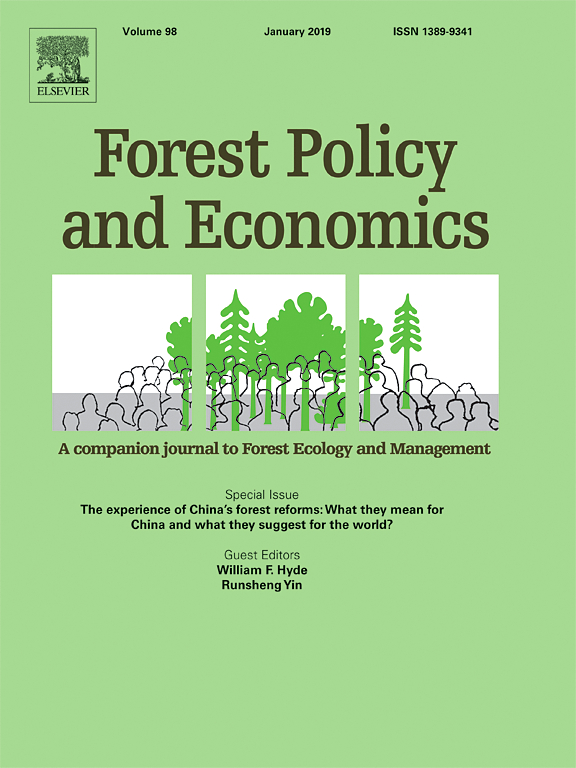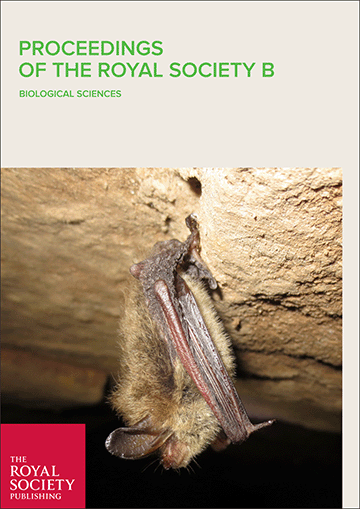· Forestry and agroforestry systems are not gender-neutral. Compared with men, women are frequently disadvantaged, for a range of interrelated cultural, socio-economic and institutional reasons, in their access to and control over forest resources and in the availability of economic opportunities. · Women often have highly specialized knowledge of trees and forests in terms of their species diversity, management and uses for various purposes, and conservation practices. Compared with men, women's knowledge tends to be linked more directly to household food consumption and health, which is particularly important during food crises. · Women tend to play specific roles in forestry and agroforestry value chains. These are important for their incomes, and in turn for the well-being and food security of their households. However, women's roles in forestry value chains are generally poorly supported by policy-makers and service providers. The persistent lack of gender-disaggregated data further compounds this problem. · Empowering women in the forest sector can create significant development opportunities for them and generate important spill-over benefits for their households and communities. Efforts to enhance women's participation in forest-related institutions should be strengthened because women can help to maximize synergies between the forest sector and food security for the benefit of all.
Download:
























